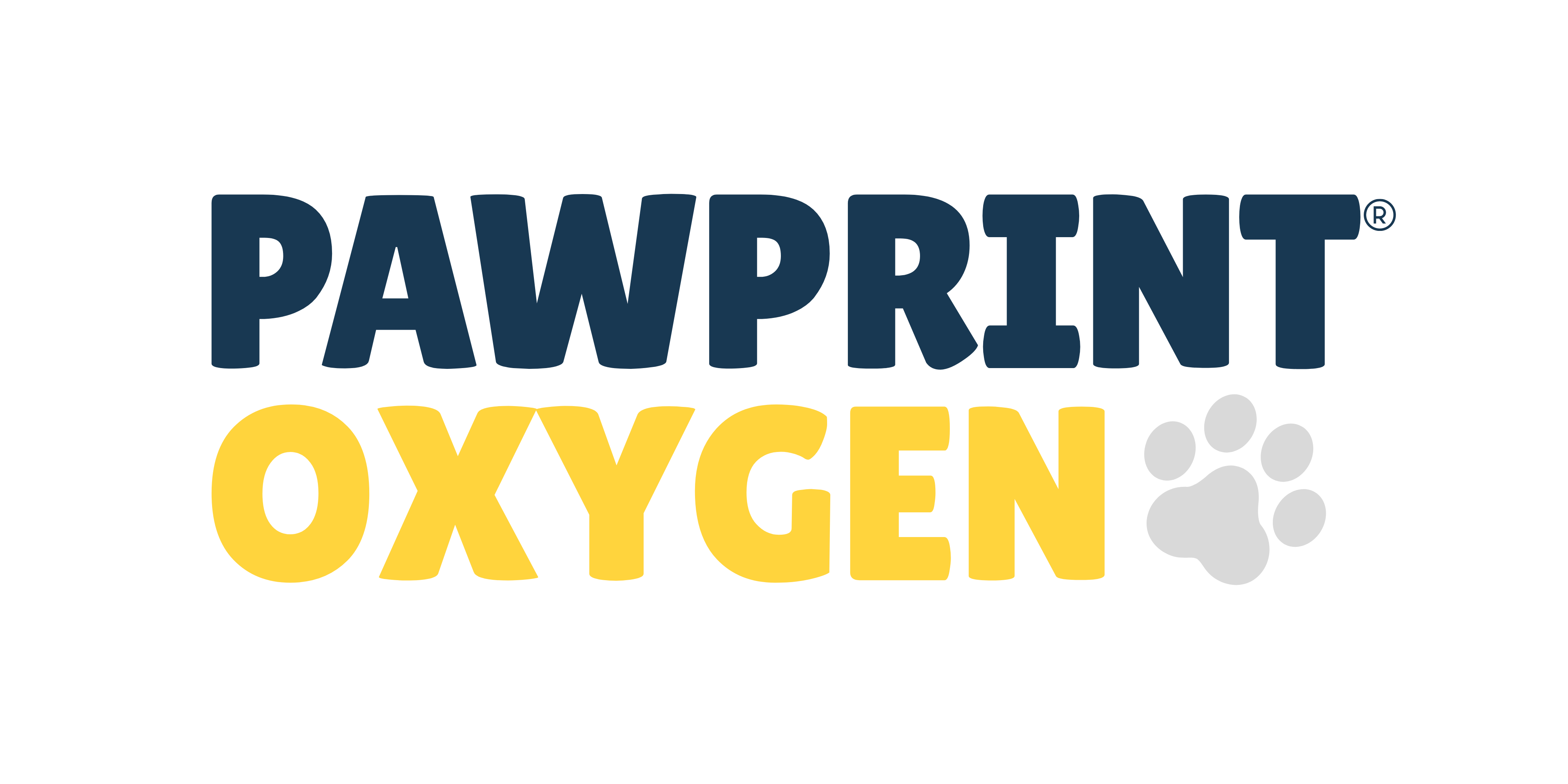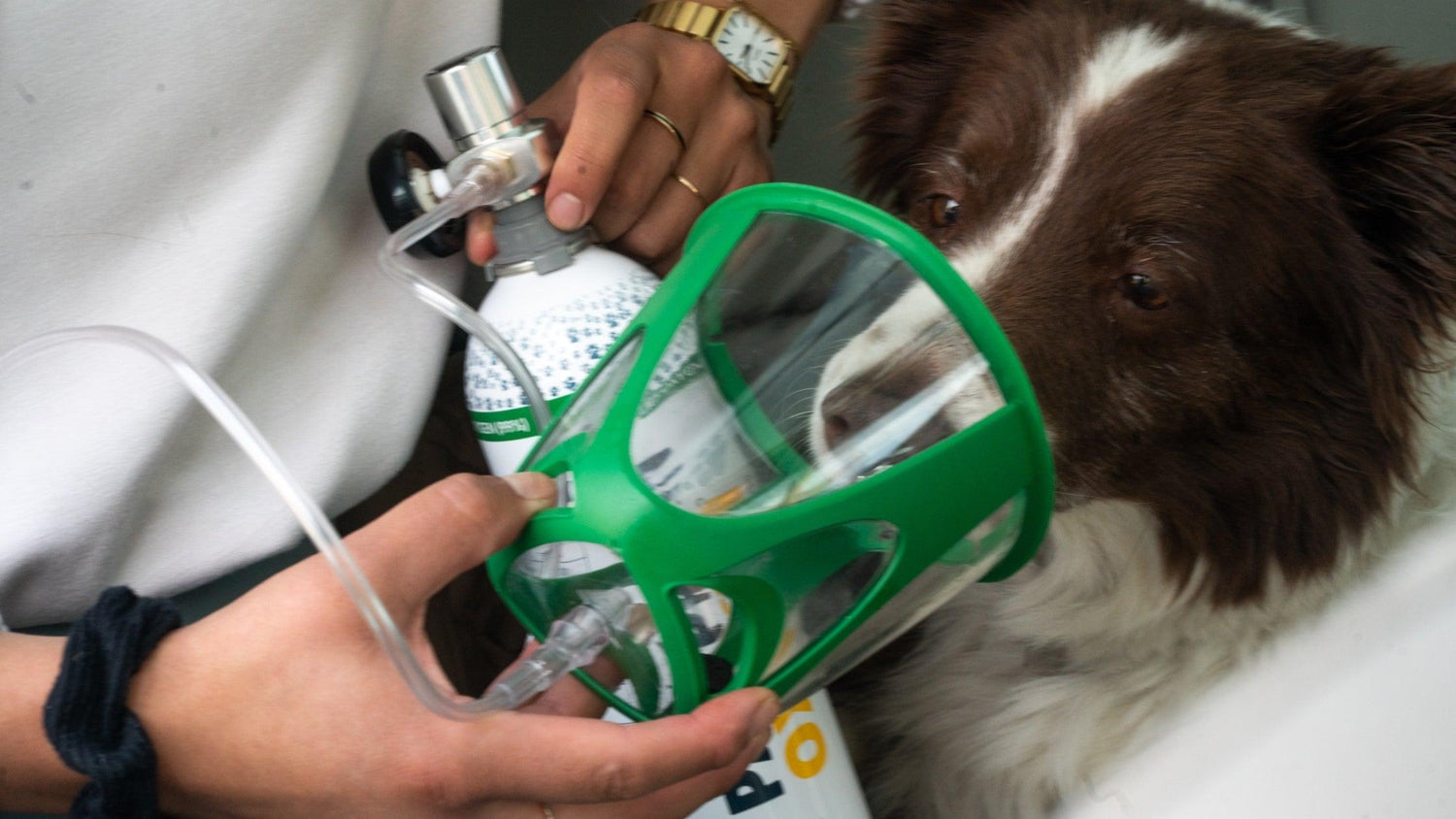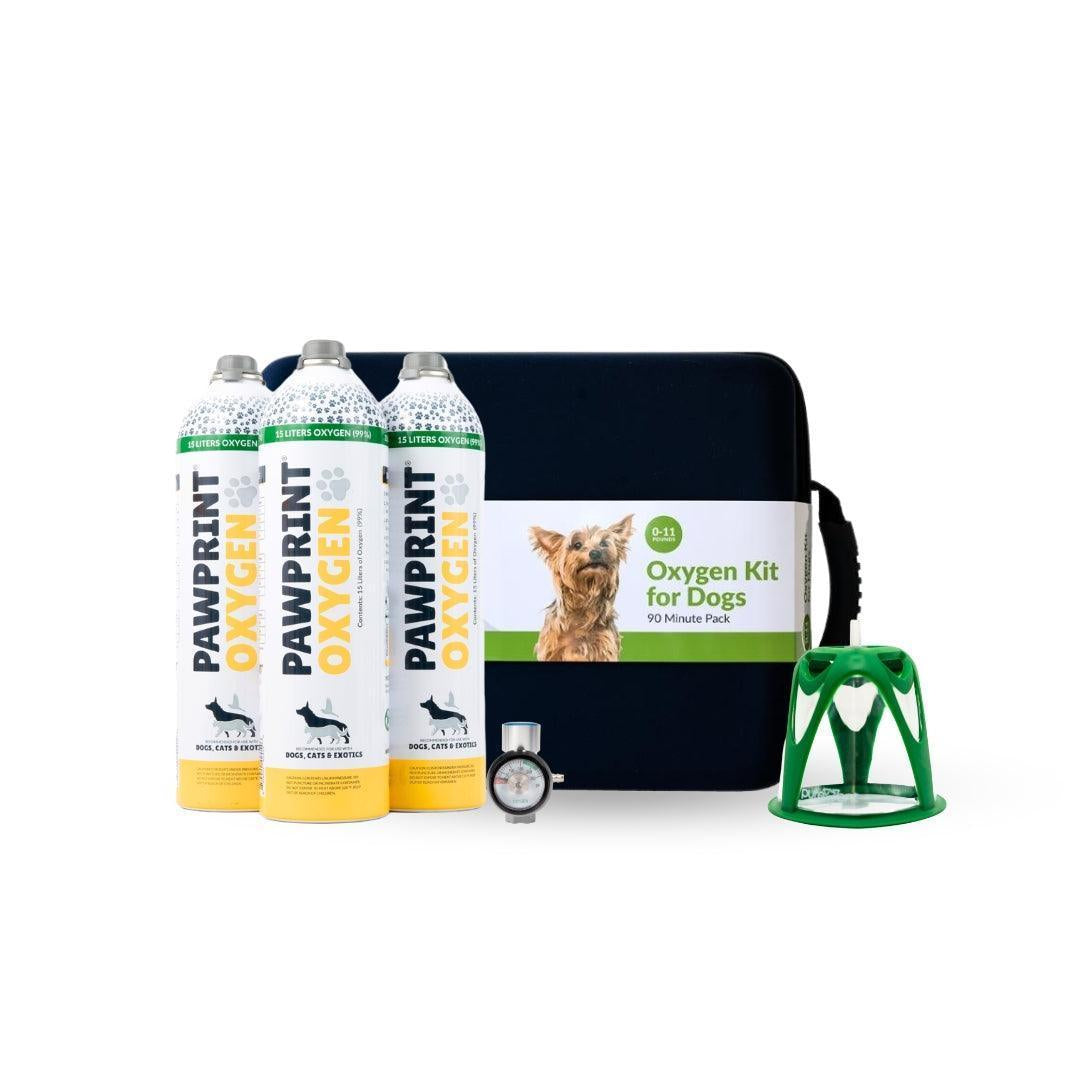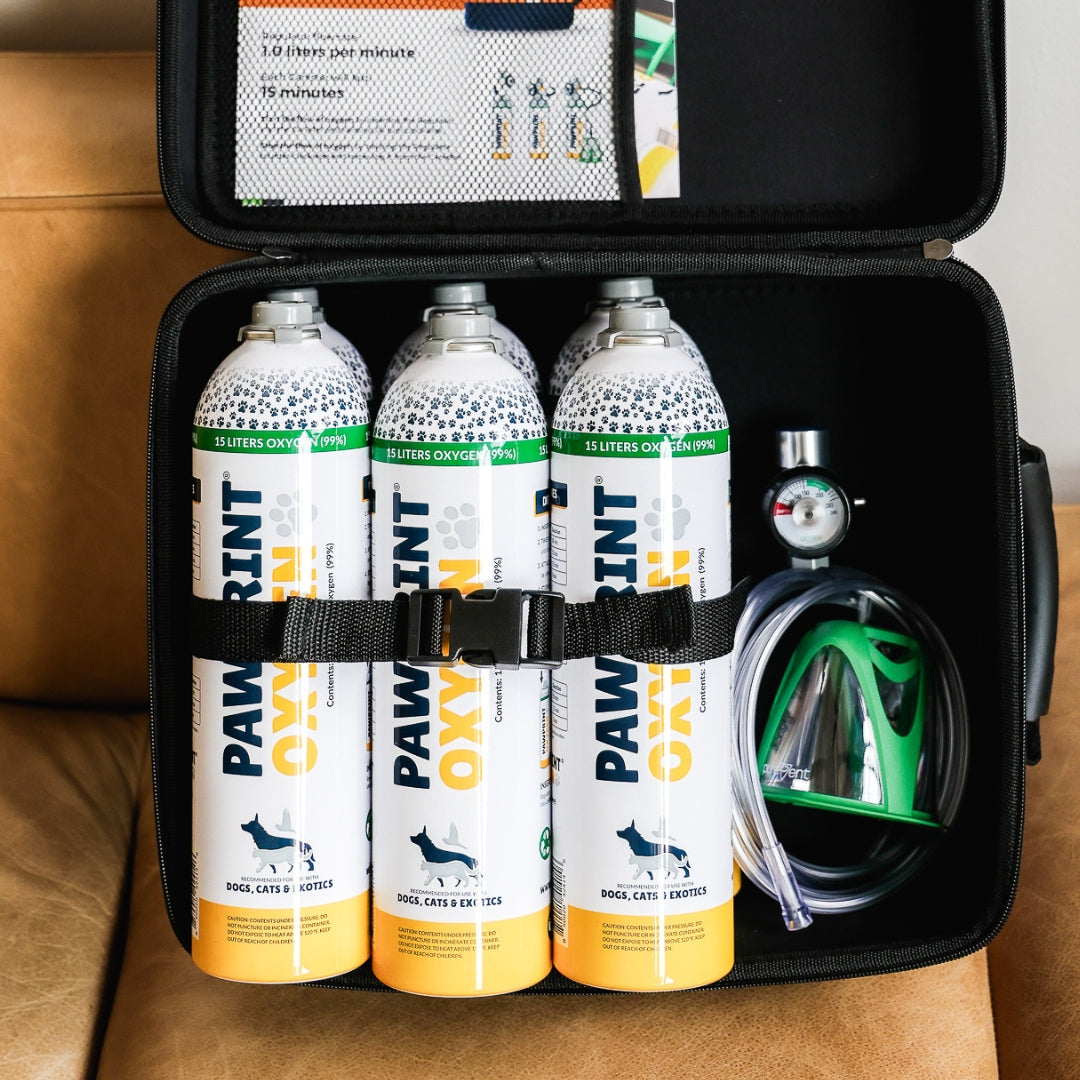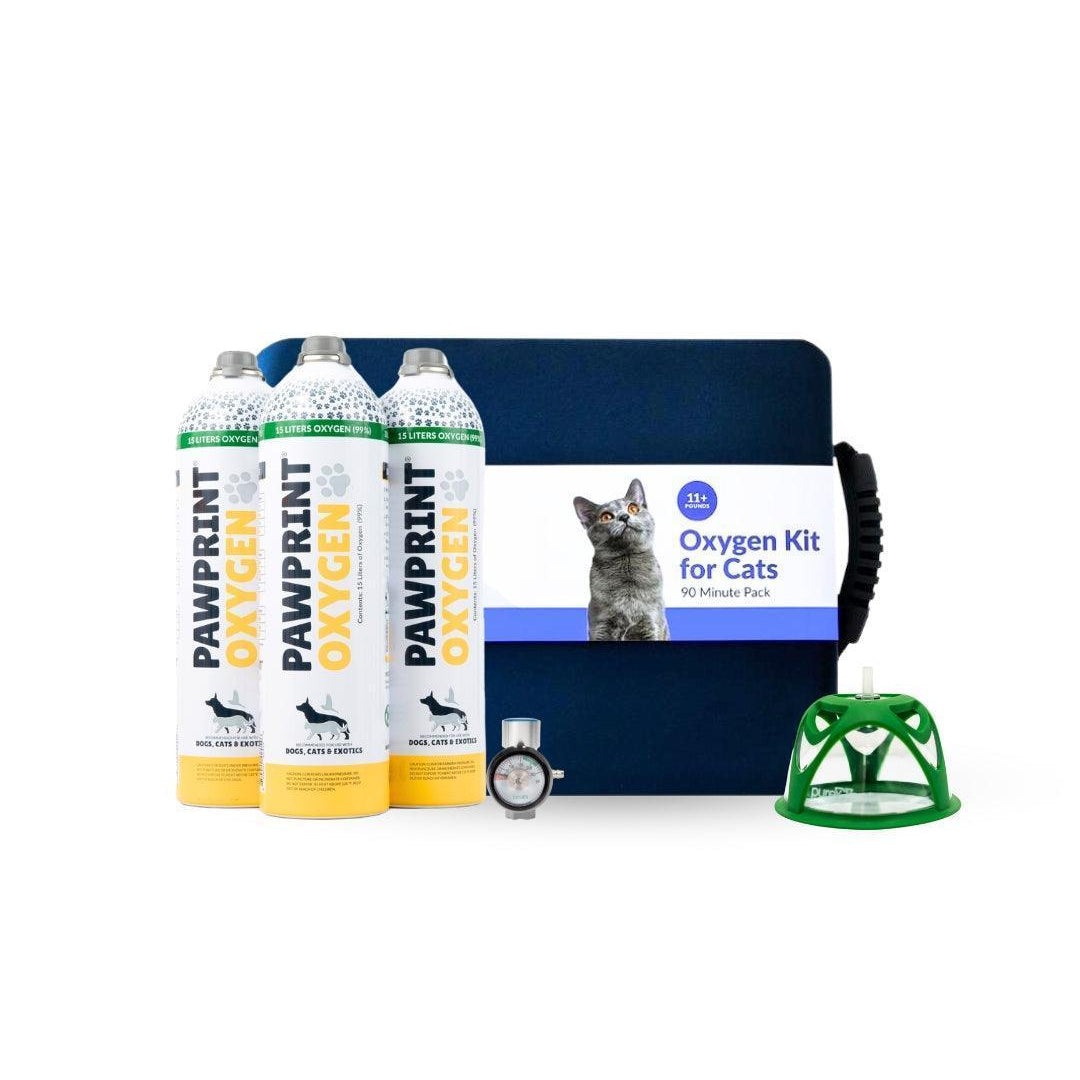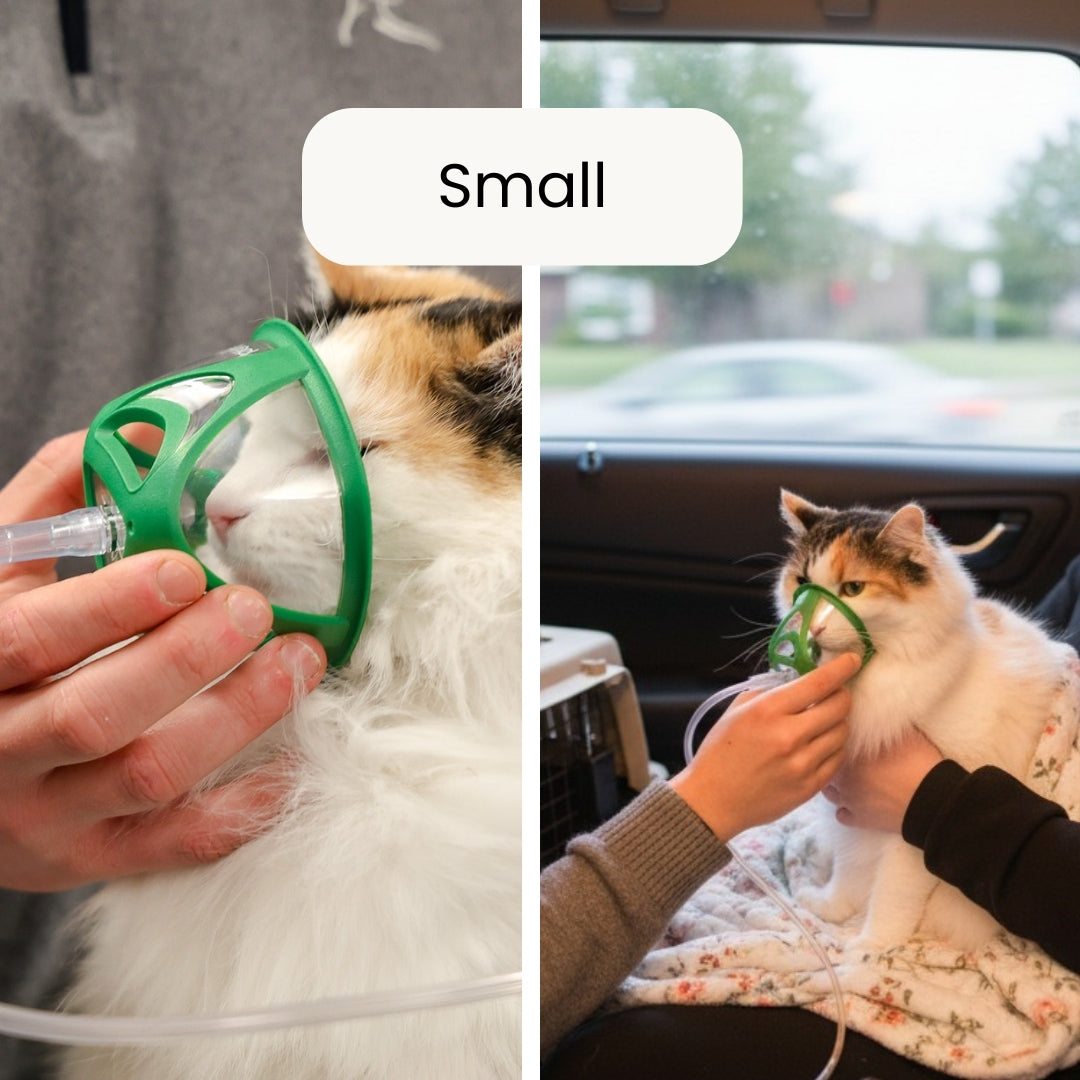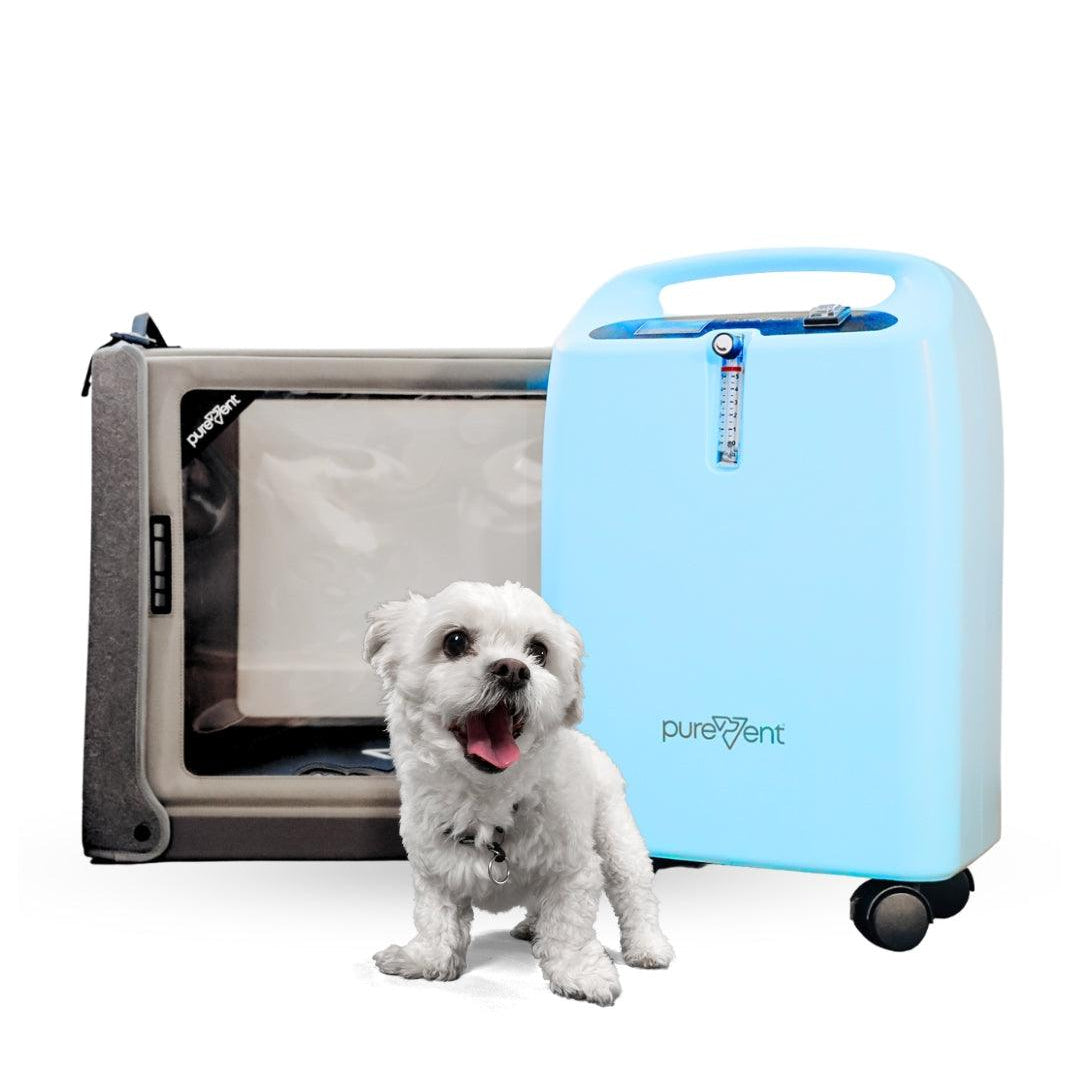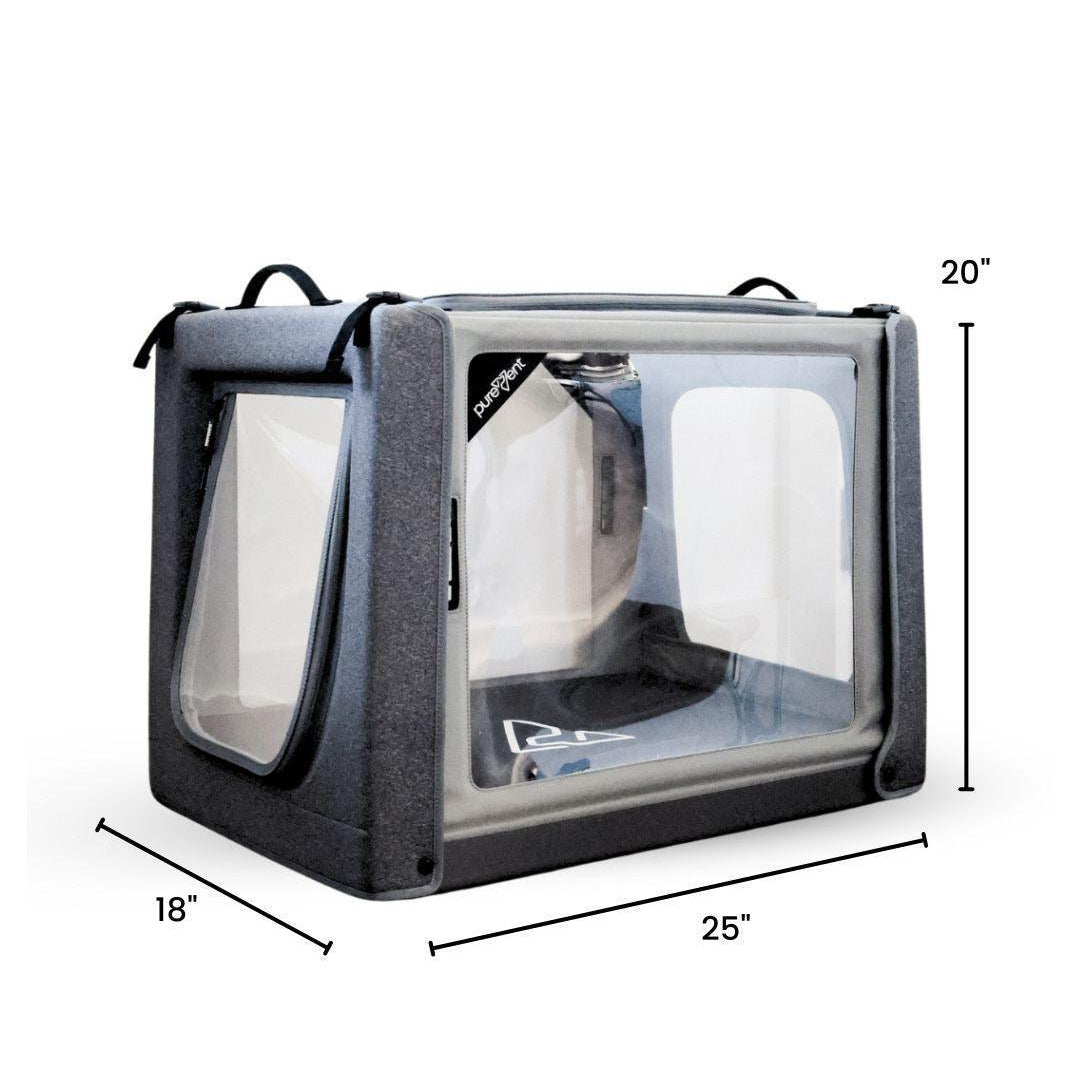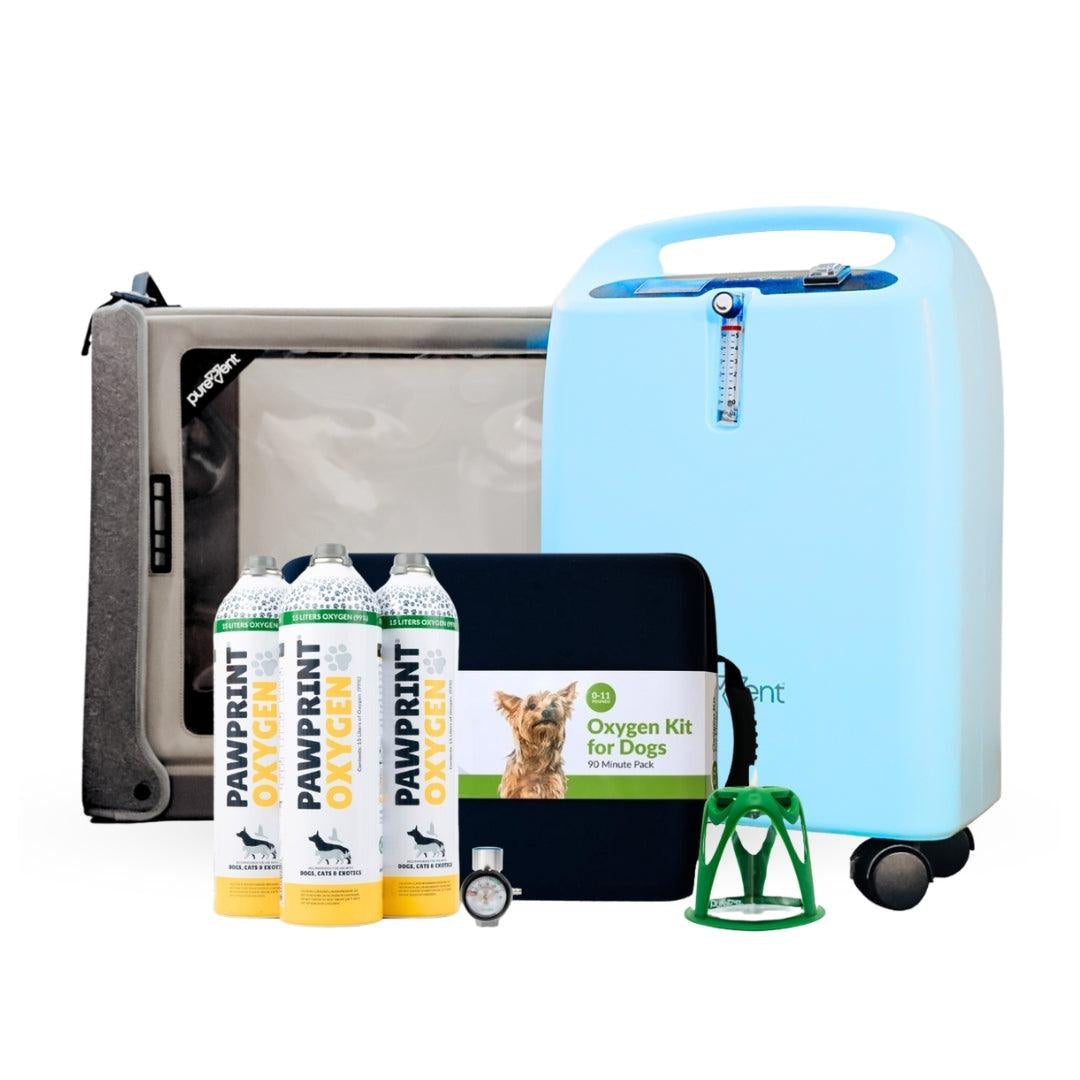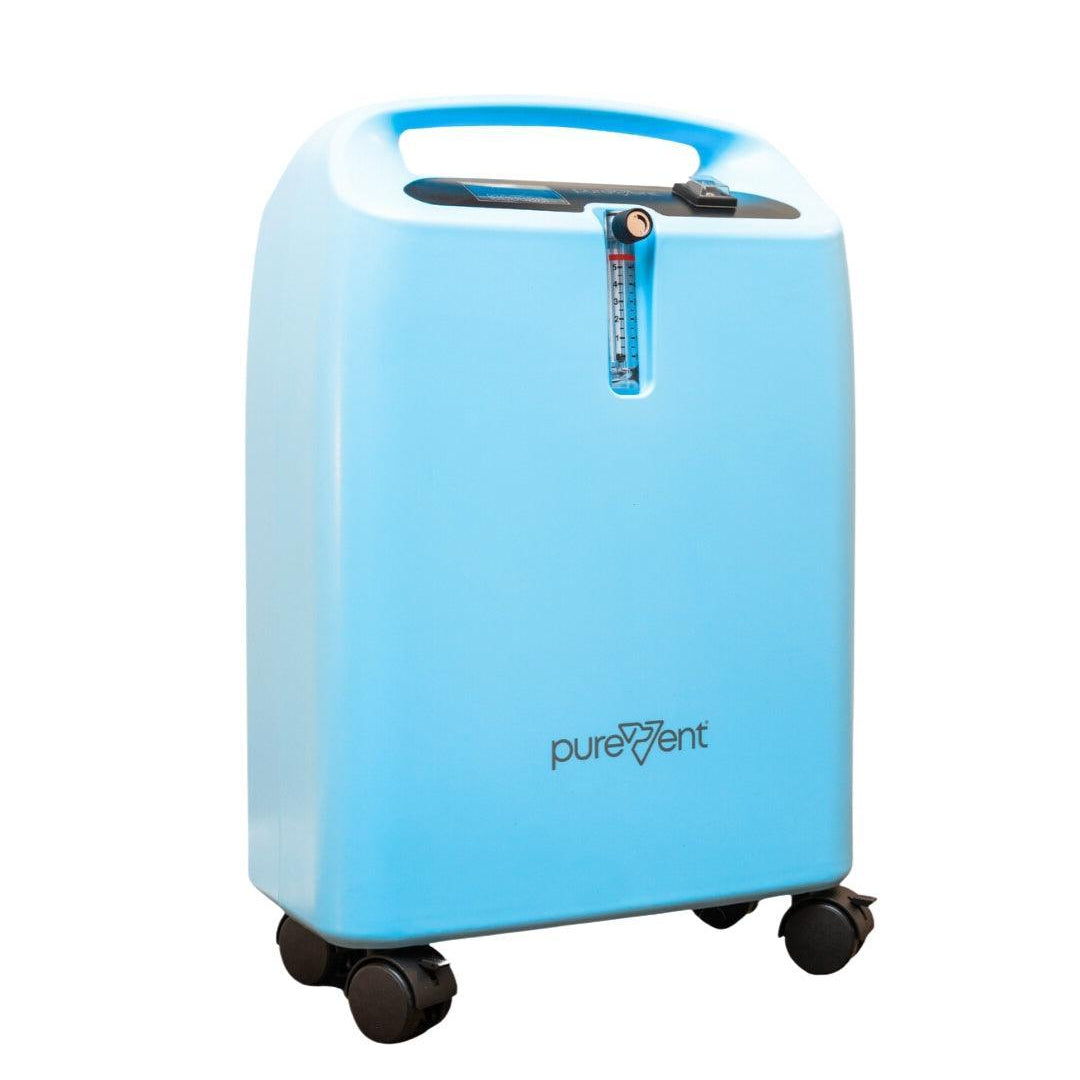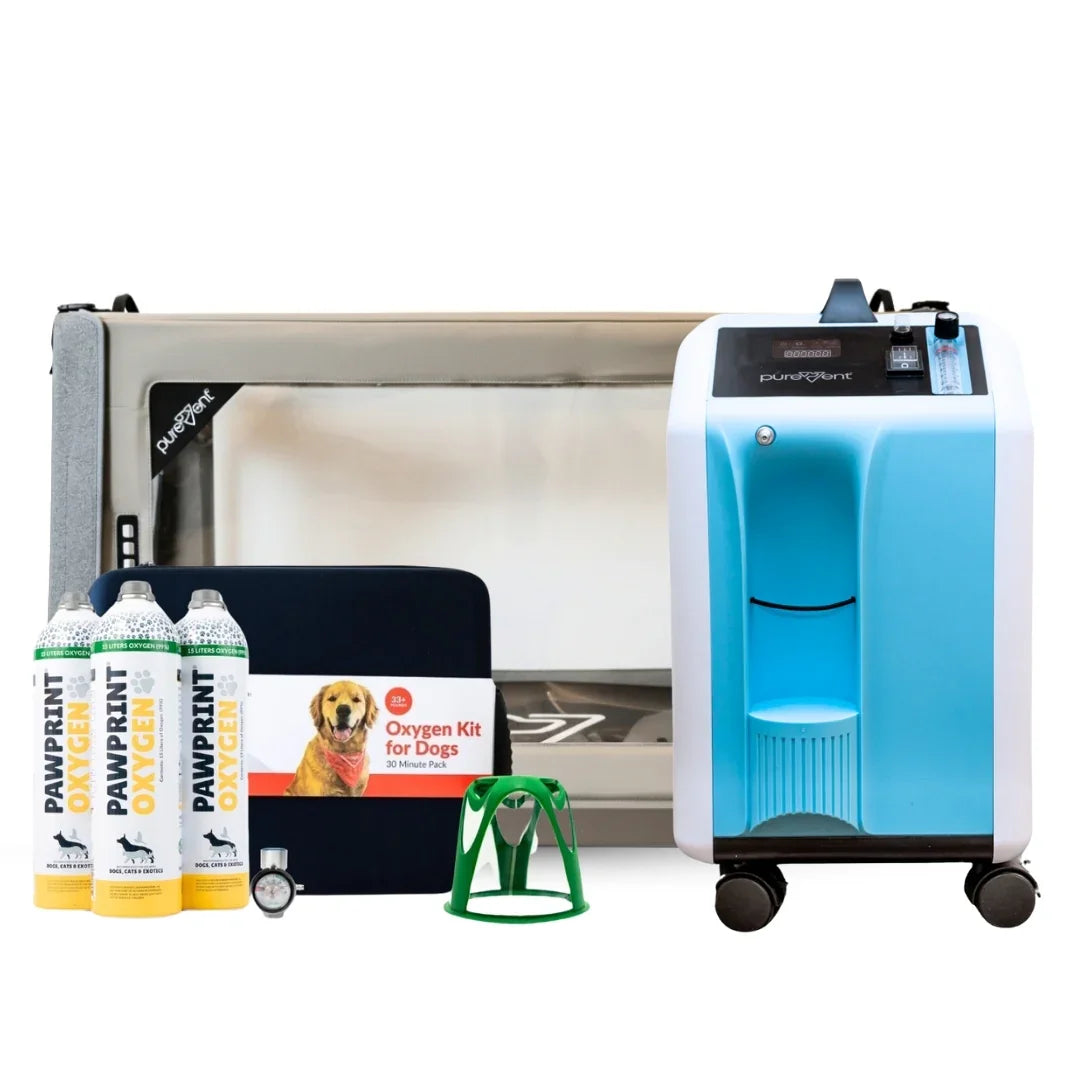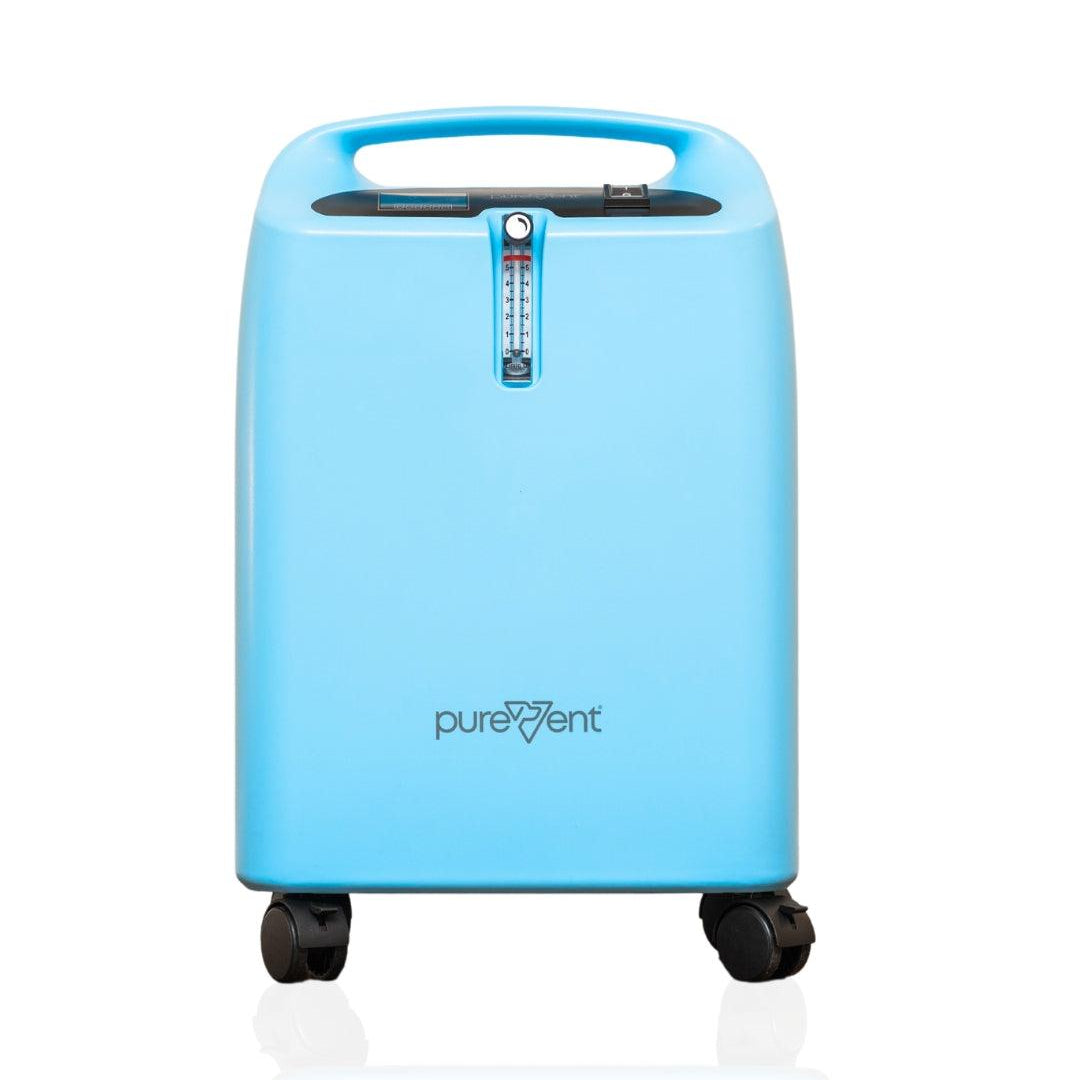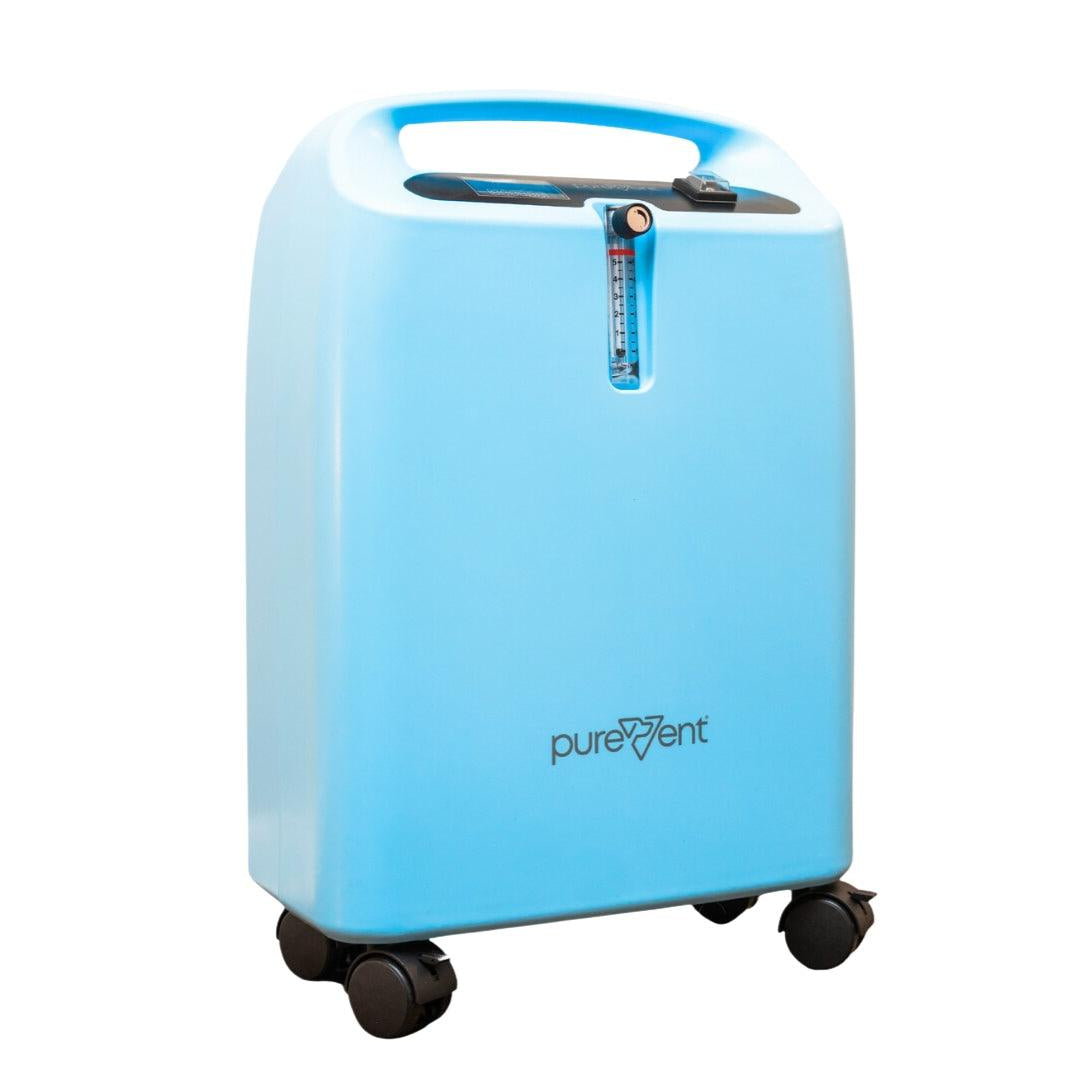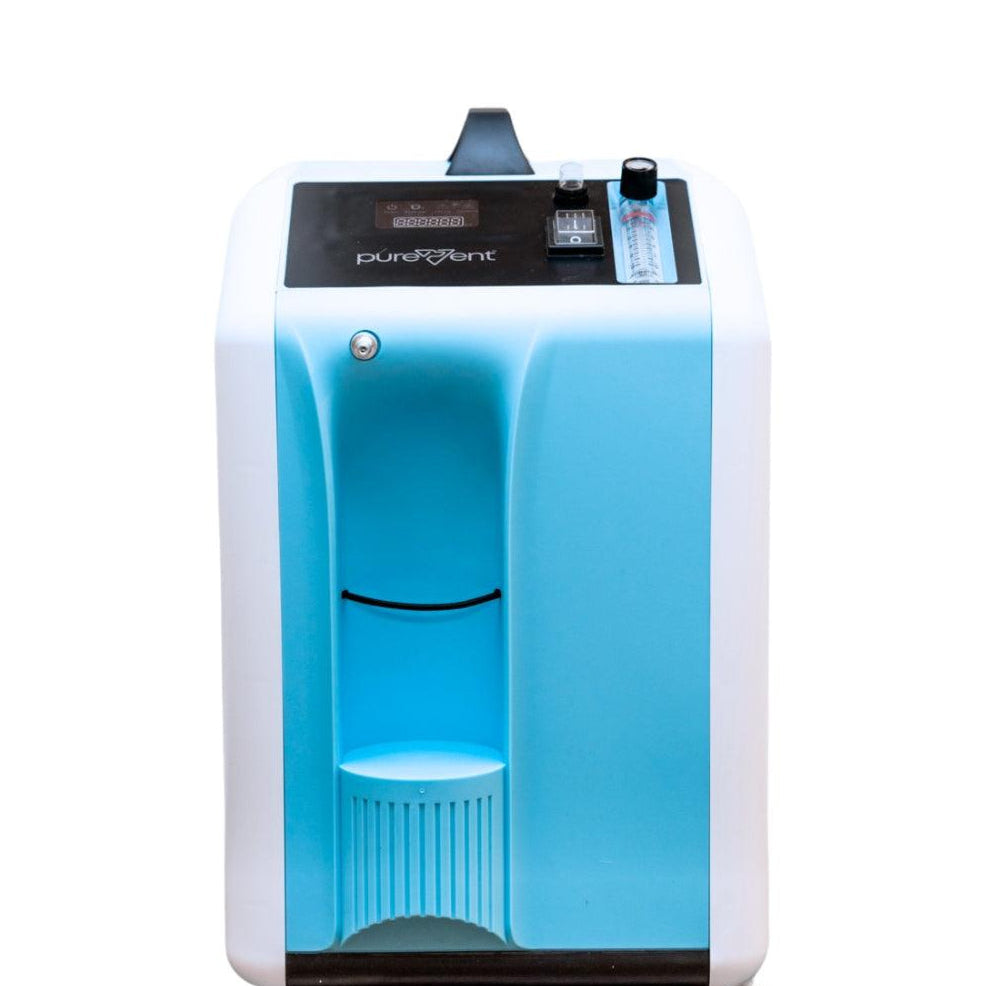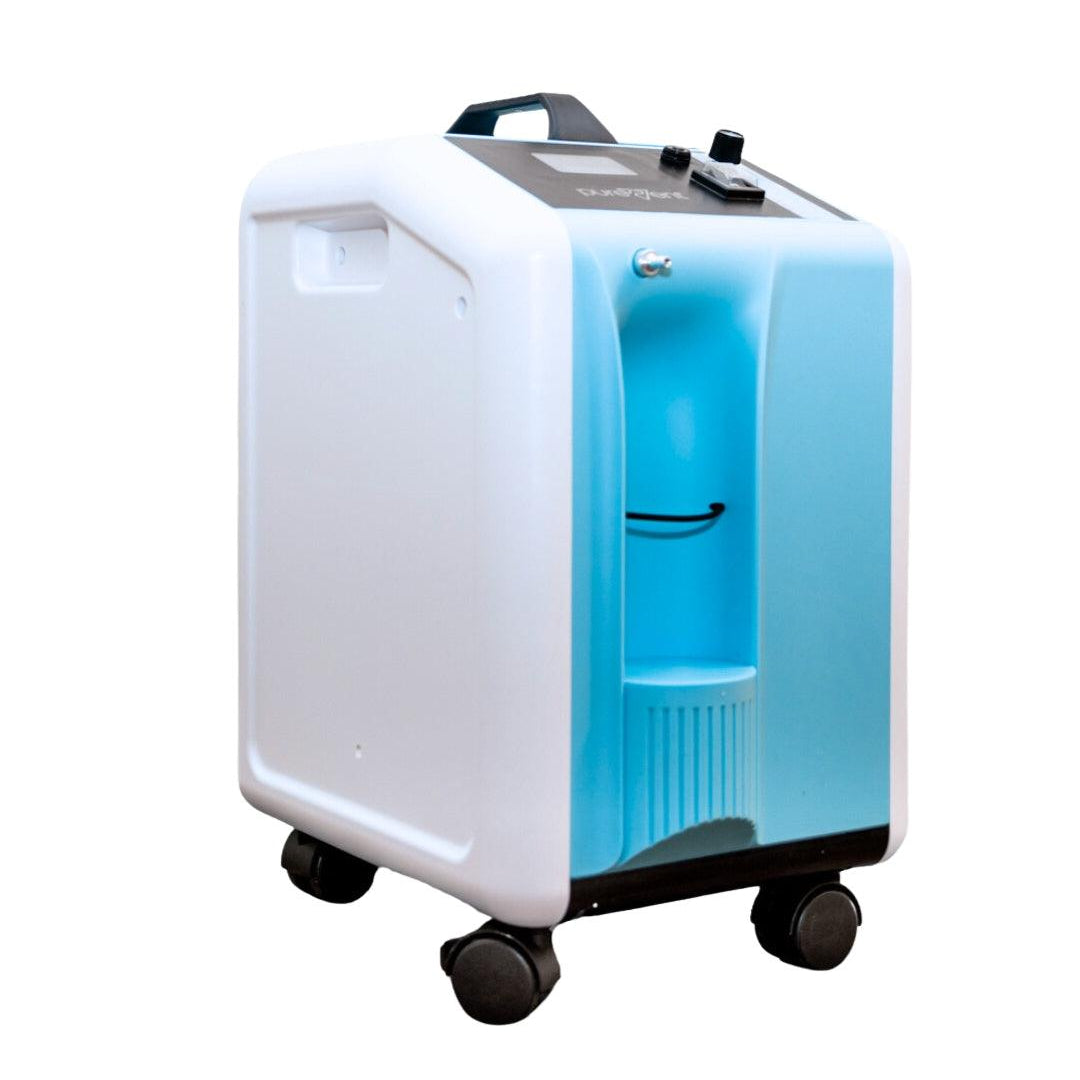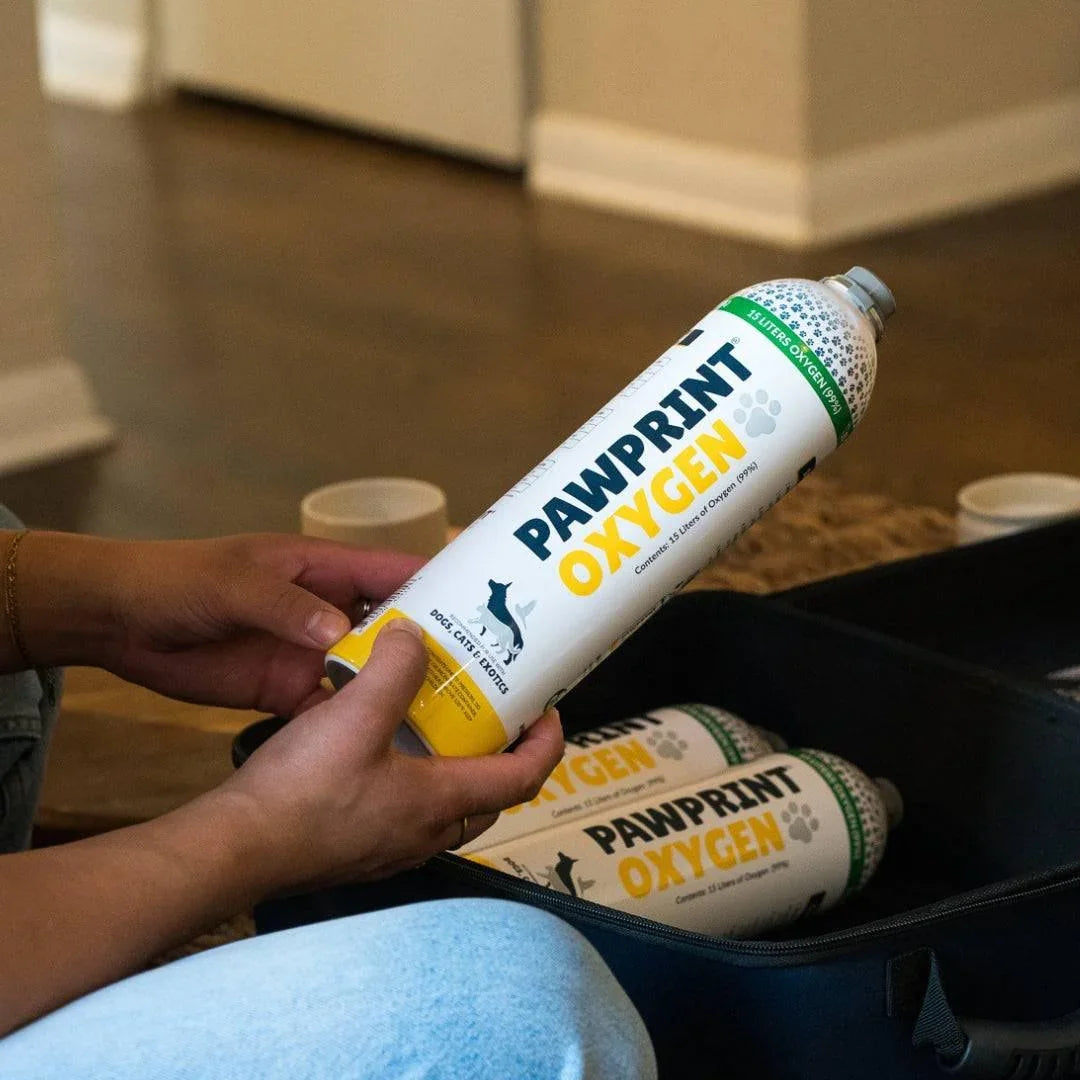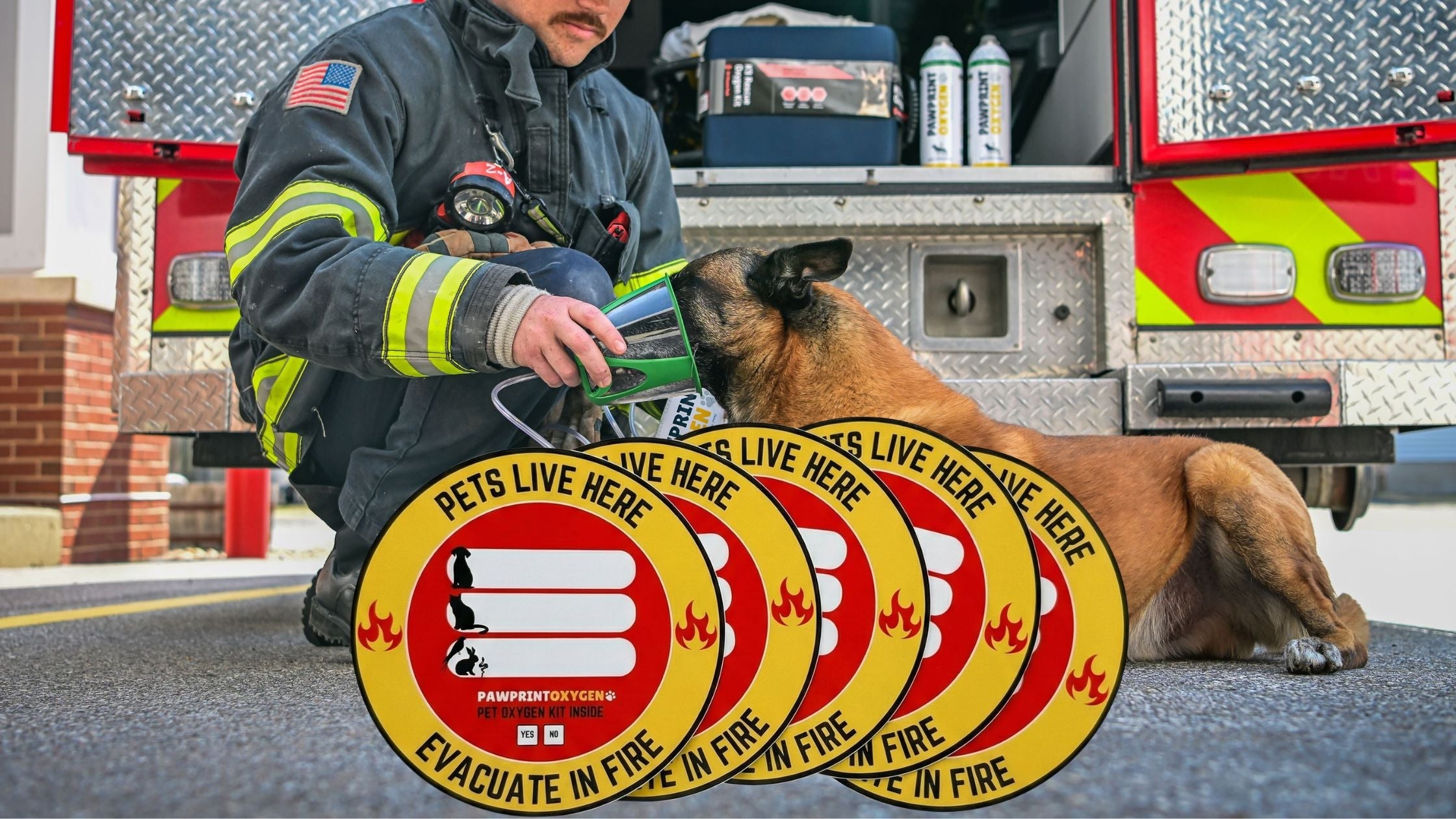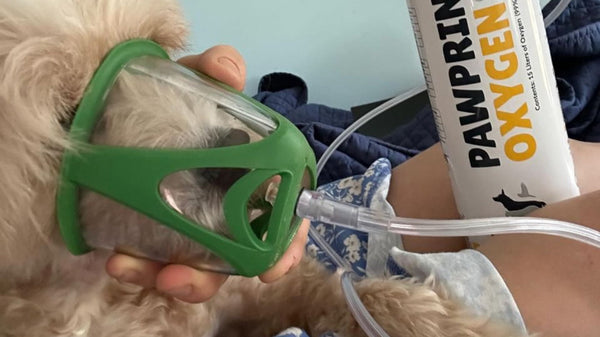A persistent, honking cough in your dog could be more than just a minor irritation—it might be a sign of a collapsed trachea . This condition, commonly seen in small breed dogs like Chihuahuas, Yorkies, and Pomeranians, occurs when the cartilage rings supporting the trachea weaken, causing airway obstruction. While it can range from mild to severe, early detection is key to managing symptoms and improving your pet’s comfort. In this article, we’ll discuss five warning signs of a collapsed trachea, so you can recognize the symptoms early and take the necessary steps to help your furry friend breathe easier.
Table of Contents
5 Common Signs Of Collapsed Trachea in Dogs
Coughing
A dog with a collapsed trachea often has a distinctive "goose honk" cough, caused by airway compression. While symptoms may vary, any persistent or unusual cough warrants a veterinary check-up.
Shortness of Breath
Breathing difficulties worsen during excitement, exercise, heat, or stress, as the weakened trachea struggles to stay open, leading to coughing, wheezing, and labored breathing.
Gagging or Choking
Dogs may gag or choke during excitement, eating, drinking, or exposure to irritants like smoke or dust. These triggers increase airway strain, making symptoms more pronounced.
Blue Gums (Cyanosis)
Oxygen deprivation can turn the gums blue or gray, signaling a serious issue that requires immediate veterinary attention.
Weight Loss
Difficulty breathing and swallowing may lead to reduced food and water intake, resulting in weight loss over time.
Oxygen Kit for Dogs
Introducing our Oxygen Kits for Dogs, the perfect solution for pet owners looking to be prepared for emergency situations, transportation to a care facility, or administering oxygen to their dog at home for a health condition. This product is available for purchase without needing a prescription from your veterinarian.
Collapsed trachea in dogs can be so scary to watch your pet go through. We're the first company to make rescue oxygen kits over the counter for pet owners to be able to help their pets on the spot, right when they need it most.
How Can I Help My Dog with Collapsed Trachea?
Treatment for a collapsed trachea in dogs typically includes medications to help open up the airway and reduce inflammation, such as bronchodilators and corticosteroids. Your veterinarian may also recommend cough suppressants and supplemental oxygen therapy to prevent further damage to the trachea.
It is also important to address any underlying causes of the collapsed trachea, such as obesity and brachycephalic obstructive airway syndrom in certain brachycephalic breeds (short-nosed dogs) which may be predisposed to this condition.
Other Important Measures for Collapsed Trachea in Dogs:
- Keeping your dog at a healthy weight to reduce pressure on the trachea.
- Avoiding the use of a collar and instead using a front-facing harness when walking your dog.
- Keeping your dog's environment clear of smoke and other irritants that may cause coughing.
- Avoiding activities that may cause your dog to become overly excited or stressed, as this can worsen symptoms.
- Having supplemental oxygen on hand for use at home or transport in the case of an emergency.
Collapsed Trachea in Dogs and Collar Usage: What Changes?
Using a collar can exacerbate the symptoms of tracheal collapse in dogs and potentially cause harm. The pressure exerted by a collar, especially when the dog pulls on the leash, can further compress the trachea, leading to increased coughing, difficulty breathing, and discomfort.
1. Pressure on the Trachea
A traditional neck collar can put direct pressure on your dog's trachea (windpipe). In healthy dogs, this pressure is typically harmless, but for collapsed trachea in dogs, it can exacerbate the problem, potentially leading to increased coughing or difficulty breathing.
2. Exacerbating Symptom
The pressure from a collar can worsen the symptoms of a collapsed trachea, such as inducing more frequent or severe coughing episodes. This can be uncomfortable for your dog and can potentially lead to further damage or complications in their airway.
3. Increased Risk of Injury:
Dogs with a collapsed trachea are at a higher risk of injury from pressure around their neck. Sudden tugs or pulls on the leash, especially if the dog lunges or jerks, can cause significant harm.
4. Alternative Options:
To mitigate these risks, many veterinarians recommend using a harness instead of a traditional neck collar. A well-fitted harness distributes pressure more evenly around the dog's body, reducing stress on the neck and trachea. This can help in managing the condition more comfortably and safely for your dog.
In some cases, surgery may be necessary to repair the collapsed trachea or to remove any tumors or other growths that may be blocking the airway. It's important to follow your veterinarian's treatment plan and keep all follow-up appointments to ensure the best outcome for your dog.
Collapsed Trachea in Dogs and The Use of Oxygen Therapy
Collapsed trachea in dogs often results in frequent episodes of respiratory distress, leading to reduced oxygen supply to vital organs and tissues. While collapsed trachea in dogs is manageable with medications and lifestyle changes, your veterinarian may still recommend oxygen supplementation if your dog has episodes often. In the case of a true emergency, if enough tissues and organs lack oxygen for long periods, more serious damage can be done. This is what veterinarians are trying to avoid by recommending the use of oxygen therapy at home.
1. Improved Oxygenation
The primary goal of oxygen therapy is to increase the level of oxygen in your pet's bloodstream. In conditions like a collapsed trachea, where the airway is narrowed or obstructed, the lungs may not be able to effectively oxygenate the blood. By providing supplemental oxygen, you're ensuring that vital organs, including the brain and heart, receive enough oxygen to function properly.
2. Reducing Respiratory Distress
Dogs with a collapsed trachea often experience difficulty breathing, which can lead to respiratory distress. Oxygen therapy helps ease their distress by reducing the effort needed to breathe. When it's easier for your dog to breathe, they can start to calm their anxiety, which is often heightened when they struggle for air.
3. Preventing Hypoxemia
Hypoxemia, or low blood oxygen levels, is a risk in dogs with severe breathing problems. Oxygen therapy helps prevent this condition, which can be dangerous and lead to complications like collapse, syncope, and organ dysfunction.
4. Support During Crisis
In acute crises, where a dog with a collapsed trachea is in severe distress, oxygen therapy can be a critical intervention. It provides immediate support to their respiratory system while other treatments or stabilization efforts are underway.
5. Enhances Recovery
For dogs undergoing surgery or other treatments for a collapsed trachea, oxygen therapy can aid in recovery by ensuring that tissues are well-oxygenated, which is essential for healing. Collapsed trachea in dogs can cause deprivation to vital organs and tissues, facilitating the need for supplementary oxygen therapy.
Administering Oxygen to Your Pet with Collapsed Trachea
- Oxygen Chamber: A medical grade chamber, like the PureVent Pet Oxygen Chamber, that your dog sits in to receive oxygen therapy. You supply oxygen through an oxygen tube from a medical-grade oxygen source, like a PureVent 5 Liter Oxygen Concentrator to the chamber.
- Oxygen Mask: A pet oxygen mask that is placed over the pet's nose and mouth, and is connected to an oxygen supply like portable oxygen canisters or a concentrator.
- Oxygen Concentrator: A medical device that can be used to provide oxygen to the pet when the pet is in need of oxygen therapy while in the home. Typically used in conjunctions with a pet oxygen chamber or oxygen mask.
Oxygen therapy can help to improve the pet's breathing and overall well-being, and can also help to reduce the risk of secondary conditions such as pneumonia. It can also help to reduce coughing and improve the pet's appetite and energy level. Collapsed trachea in dogs can lead to reduced oxygen intake, causing respiratory distress. Administering supplementary oxygen helps deliver oxygen to vital tissues and organs during these episodes.
Are there any natural treatments that help with a collapsed trachea in dogs?
Yes, there are several natural treatments and home remedies that can help manage a collapsed trachea in dogs. While these remedies won’t cure the condition, they can help reduce symptoms like coughing, inflammation, and airway irritation. Here are some options:
1. Weight Management
- Why it helps: Extra weight puts more pressure on the trachea and worsens breathing difficulties.
- What to do: Keep your dog at a healthy weight with a balanced diet and portion control . Avoid high-calorie treats and opt for fresh vegetables like carrots or green beans.
2. Anti-Inflammatory Supplements
- Why it helps: Reducing inflammation in the trachea can ease breathing and lessen coughing.
- Natural options:
- Turmeric – Contains curcumin, a natural anti-inflammatory. Mix a small amount into your dog’s food.
- Omega-3 fatty acids – Found in fish oil, these help reduce inflammation in the airways.
3. Honey and Herbal Remedies
- Why it helps: Honey coats the throat and may help soothe irritation, reducing coughing.
- How to use:
- Give ½ to 1 teaspoon of raw honey up to three times daily.
- Look for honey-based herbal cough syrups with marshmallow root or slippery elm, both of which can ease throat irritation.
4. Humidifier or Steam Therapy
- Why it helps: Dry air can irritate the trachea and trigger coughing.
- What to do:
- Use a humidifier in your dog’s sleeping area.
- Let your dog sit in a steamy bathroom for a few minutes while you run a hot shower.
5. Avoid Triggers That Worsen Coughing
- Irritants to remove:
- Smoke (cigarette, fireplace, candles)
- Strong perfumes or air fresheners
- Household cleaners with strong fumes
6. Switching to a Harness
- Why it helps: Collars put pressure on the trachea and can make symptoms worse.
- What to do: Use a soft, padded harness instead of a collar to reduce throat strain.
7. Acupuncture and Chiropractic Care
- Why it helps: Some pet owners find that acupuncture or chiropractic adjustments improve airway function and reduce coughing.
- What to do: Seek out a licensed veterinary acupuncturist or chiropractor for guidance.
8. Oxygen Therapy at Home
- Why it helps: Providing supplemental oxygen can relieve respiratory distress during flare-ups.
- What to do: Consider portable oxygen canisters or an oxygen concentrator to have on hand for emergencies.
How can I prevent my dog from having a coughing fit from a collapsed trachea?
Preventing coughing fits in dogs with collapsed trachea requires a combination of lifestyle changes, environmental management, and supportive care . Here are some effective ways to minimize coughing episodes:
1. Minimize Tracheal Irritation
- Switch to a Harness: A collar puts pressure on the trachea and can trigger coughing. Use a soft, padded harness to reduce strain on the throat.
- Keep Your Dog Calm: Excitement or stress can lead to excessive barking or panting , which worsens coughing. Try to avoid situations that overstimulate your dog.
- Control Barking: If barking triggers coughing, use positive reinforcement training or a white noise machine to reduce triggers like outside noises.
2. Maintain a Healthy Weight
- Why it helps: Excess weight puts pressure on the trachea, making breathing harder.
- How to manage: Feed a balanced, portion-controlled diet and ensure light, low-impact exercise (like short walks).
3. Keep the Air Clean and Moisturized
- Use a Humidifier: Dry air can irritate the trachea, so keep a humidifier in your dog’s living space.
- Avoid Irritants:
- No smoke exposure (cigarette, fireplace, candles).
- No strong perfumes, air fresheners, or household cleaners.
4. Provide Natural Soothing Remedies
- Honey: A small amount of raw honey (½ to 1 teaspoon) up to 3 times daily can help soothe the throat.
- Herbal Support: Look for natural cough syrups containing marshmallow root or slippery elm to ease airway irritation.
5. Control Temperature and Exercise
- Avoid Hot, Humid Weather: Heat and humidity can make breathing more difficult. Walk your dog during cooler parts of the day.
- No Overexertion: Keep exercise light—short walks instead of high-intensity play.
6. Use Oxygen Therapy During Flare-Ups
- Why it helps: Extra oxygen can reduce the strain on the airways and help your dog breathe more easily.
- What to do: Keep portable oxygen canisters or an oxygen concentrator on hand for emergencies.
7. Medications and Veterinary Support
- Cough Suppressants: If coughing is severe, your vet may prescribe hydrocodone or butorphanol to reduce symptoms.
- Anti-Inflammatories: Steroids (prednisone) or natural options like turmeric can reduce swelling in the trachea.
By implementing these strategies, you can reduce the frequency and severity of coughing fits and improve your dog’s quality of life.
Can a collapsed trachea get better, or will it worsen over time?
A collapsed trachea is a progressive condition, meaning it does not fully heal on its own and can worsen over time if not properly managed. However, with the right treatment, lifestyle adjustments, and medical support , many dogs can maintain a good quality of life and experience fewer symptoms.
Will a Collapsed Trachea Get Better?
- The trachea itself cannot regenerate or return to normal once it has collapsed.
- However, symptoms can improve with proper management, medications, and environmental adjustments .
- Dogs with mild to moderate cases can live comfortably with weight control, cough suppressants, anti-inflammatories, oxygen therapy, and trigger avoidance .
Can It Get Worse Over Time?
- Yes, the condition can progress , especially in senior dogs or those with severe tracheal collapse .
- Repeated inflammation and coughing can weaken the tracheal rings further, making breathing more difficult over time.
- If left unmanaged, a collapsed trachea can lead to chronic respiratory distress, frequent infections, or secondary complications like heart disease .
How to Slow Progression and Improve Comfort
- Maintain a Healthy Weight: Reduces pressure on the trachea.
- Avoid Triggers: Keep your dog away from smoke, dust, and excessive barking.
- Use a Harness: Prevents additional strain on the trachea.
- Provide Oxygen Therapy as Needed: Helps during flare-ups.
- Consider Medications or Surgery (in Severe Cases): Your vet may recommend cough suppressants, bronchodilators, or even stent placement in advanced cases.
What’s the Long-Term Outlook?
- Many dogs with mild to moderate cases can live comfortably for years with proper management .
- Dogs with severe tracheal collapse may need intensive care, oxygen therapy, or surgical intervention to maintain quality of life.
What Is the Life Expectancy of a Dog with a Collapsed Trachea?
The life expectancy of a dog with a collapsed trachea can vary depending on the severity of the condition and the effectiveness of treatment. In mild cases, treatment with medications, supplemental oxygen, and lifestyle changes can help control symptoms and improve quality of life. In more severe cases, surgery may be necessary to repair the trachea or to remove any tumors or other growths that may be blocking the airway.
It is also important to note that some dogs that have other underlying health conditions, such as heart disease or chronic bronchitis, may have a shorter life expectancy. In general, a dog with a collapsed trachea can live a normal life span with proper management and treatment. However, it's important to work closely with your veterinarian to develop a treatment plan that is tailored to your pet's specific needs and to monitor your pet's condition closely.
It's also important to keep in mind that cases of collapsed trachea in dogs are not all the same and some cases are more severe than others, so the life expectancy will vary depending on the individual dog.

Helping Your Dog Breathe Easy
Recognizing the signs of a collapsed trachea early can make a significant difference in your pet’s quality of life. If your dog is experiencing a persistent honking cough, shortness of breath, gagging, blue gums, or unexplained weight loss , it’s important to consult your veterinarian for a proper diagnosis and treatment plan. While this condition can be progressive , there are effective ways to manage symptoms, from lifestyle adjustments and medications to supportive therapies like oxygen therapy . By staying informed and proactive, you can help your furry companion breathe easier and live more comfortably.
